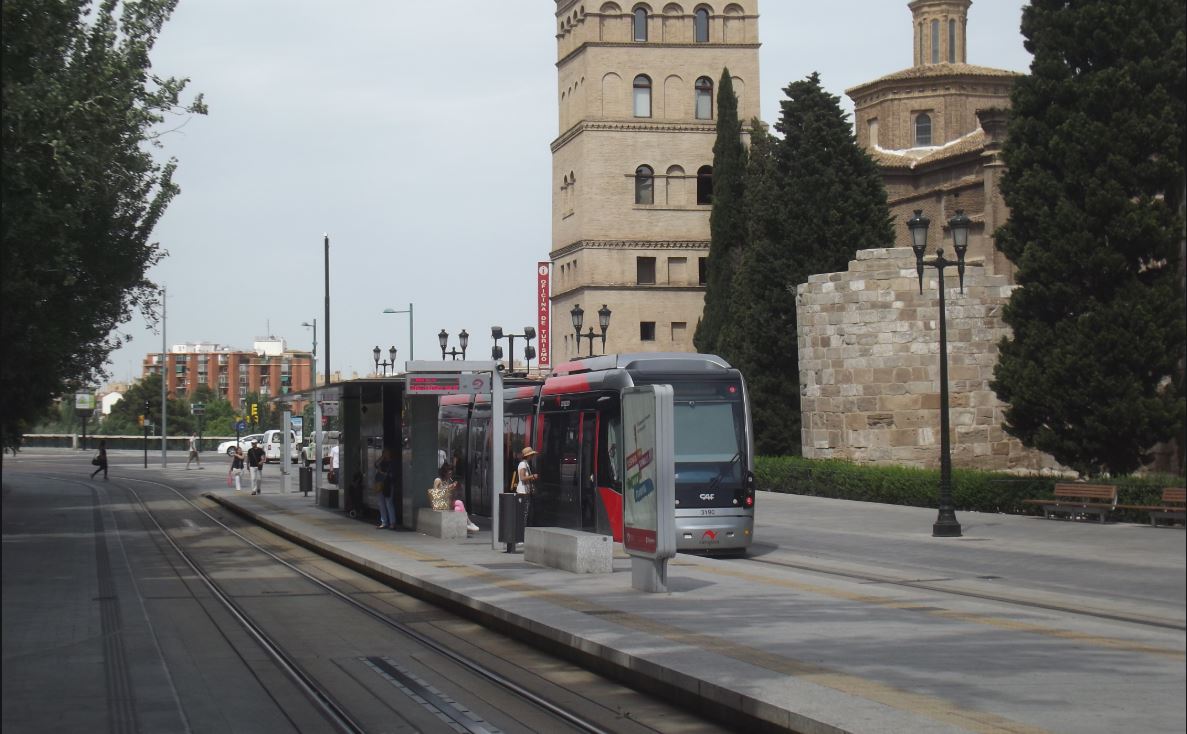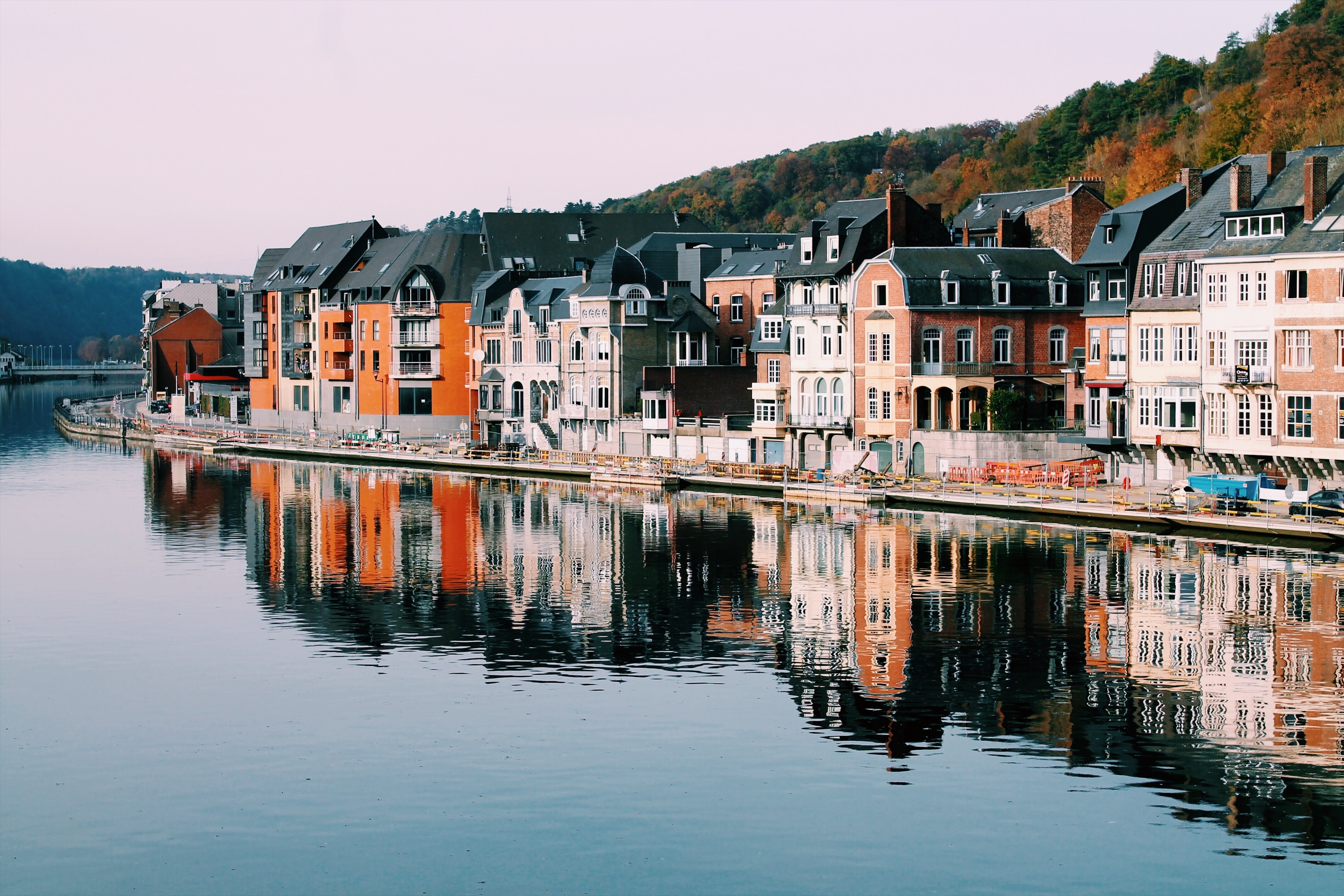325 results found
Featured results

More results
UAE Ministry of Energy and Infrastructure in collaboration with the University of Sharjah, intended to develop new asphalt binder specifications for the UAE to help mitigate the environmental impacts of climate change by building a climate model and running different Intergovernmental Panel on Climate Change (IPCC) scenarios.
The Piracicaba-Panorama concession in Sao Paulo is one of the largest road concessions in Brazil, spanning a network of highways that covers 1,200km of distance
Existing bus services along the Broadway corridor, one of Vancouver's busiest, were proving increasingly inadequate in the face of growing transportation demand
The Dulles Corridor Metrorail Project is a 37km, two-phase extension of the current Metrorail system delivered via a design-build-finance- operate-maintain (DBFOM) PPP concession
As part of a larger USD 63B1 infrastructure investment, the New South Wales (NSW) government sought to develop a light rail network
The Denver Union Station is a large-scale mixed-use development project to transform the underutilized old Denver Union Station into a modern district
In the 1990s, Copenhagen began to experience stagnant economic growth with a decreasing tax base
Kempegowda International Airport Bengaluru (KIAB) is the first airport in India to be delivered via a public private partnership (PPP), under a build-own-operate-transfer (BOOT) model over a 30 year period extendible to 60 years
Australia's national government introduced policy to incentivize asset recycling by state-level governments, by offering up to 15% of the sale or lease proceeds of asset privatizations for re-investment in infrastructure projects
Lowline is a project to transform an abandoned trolley (tram) terminal on the Lower East Side of Manhattan into the world?s first underground park
Due to the prevalence of smart phones and mobile technology, New York's ageing and underutilised network of 8,400 public payphones became obsolete
A solar leasing project at Singapore's Jurong Port significantly reduced carbon emissions and generated cost savings.
Tel Aviv is Israel’s second-most populous city and its main business, technological, and cultural center. Its population has grown at 2% per year; Israeli population growth is ten times the OECD average.
The Hudson Yards project is the largest mixed-use private real estate development in the United States by area (28 acres) and is projected to cost USD25 billion upon completion.
Coastline traffic in the State of São Paulo, Brazil, has overwhelmed road capacity. Three highway concession contracts were introduced, using a demand risk sharing mechanism and dynamic user fee model to attract private sector participation.
Due to rising energy prices, the Dutch Government has placed emphasis on meeting national energy performance objectives through the reduction of fossil fuel consumption. The Dutch Government is seeking innovative solutions to deliver more energy and cost-efficient buildings, as well as achieving Net Zero Energy buildings by 2020. The retrofits include installation of rooftop solar panels and other insulation technologies.
Euro Property Assessed Clean Energy (EuroPACE) is a scalable on-tax financing model to support the deployment of energy saving and generation technologies to European households and the EU’s clean energy transition. The scheme is inspired by the successful US PACE scheme that was introduced in 2008, which resulted in over USD4.7 billion in funded projects, over 200,000 homes over the past four years. Private capital is deployed as upfront financing to homeowners which is repaid through an additional special “assessment” payment on its property tax bill for a specified term.
ChargePoint as a Service installs electric vehicle (EV) chargers for no upfront cost in return for a fixed term subscription CPaaS reduces overhead costs and offer predictable operational expenses CPaaS also proactively monitors stations to identify and fix technical issues remotely and enables businesses to track performance and utilization. Georgia Power (a utilities company in Georgia) and Pivet Atlanta, an automotive company has partnered with ChargePoint to install EV chargers in a major travel corridor.
Cambrian Innovation developed the WEPA to enable food and beverage manufacturers across the United States to implement their solutions to remove wastewater costs, reduce environmental impact, and alleviate capped production at no upfront cost or operational risk. Wineries in Nappa Valley, including Rombauer Vineyards, produced high-strength wastewater (diluted wine) through standard rinsing and cleaning processes putting pressure on traditional municipal treatment plants. In 2018, Rombauer Vineyards was the first replaced existing ineffective treatment system with an EcoVolt Solution from Cambrian Innovation.
Volta, a San-Francisco based EV charging company, partners with retailers, shopping malls, grocery chains, and others to place Volta’s chargers in prime parking spots in front of their businesses. The charging stations will also come with two billboard-sized screens for displaying advertising. An initial 15 minutes of charging is free to customers. California State Government supports the deployment of zero-emissions vehicles and fill gaps in the state’s EV infrastructure.






















